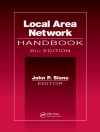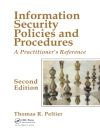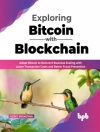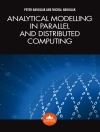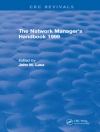This book covers computationally innovative methods and technologies including data collection and elicitation, data processing, data analysis, data visualizations, and data presentation. It explores how digital humanists have harnessed the hypersociality and social technologies, benefited from the open-source sharing not only of data but of code, and made technological capabilities a critical part of humanities work.
Chapters are written by researchers from around the world, bringing perspectives from diverse fields and subject areas. The respective authors describe their work, their research, and their learning. Topics include semantic web for cultural heritage valorization, machine learning for parody detection by classification, psychological text analysis, crowdsourcing imagery coding in natural disasters, and creating inheritable digital codebooks.
Designed for researchers and academics, this book is suitable for those interested in methodologies and analytics that can be applied in literature, history, philosophy, linguistics, and related disciplines. Professionals such as librarians, archivists, and historians will also find the content informative and instructive.
Содержание
Semantic Web for Cultural Heritage Valorization.- Using the Formal Representations of Elementary Events to Set Up Computational Models of Full Narratives.- Parody Detection: An Annotation, Feature Construction, and Classification Approach to the Web of Parody.- Creating and Analyzing Literary Corpora.- Content and Sentiment Analysis on Online Social Networks (OSNs).- The Role of Data in Evaluating the Effectiveness of Networked Learning: An Auto-Ethnographic Evaluation of Four Experiential Learning Projects.- Psychological Text Analysis in the Digital Humanities.- Parsing Related Tags Networks from Flickr to Explore Crowd-Sourced Keyword Associations.- A Case Study of Crowdsourcing Imagery Coding in Natural Disasters.- You Tube Comments as Metalanguage Data on Non-standard Languages: The Case of Trinidadian Creole English in Soca Music.- Creating Inheritable Digital Codebooks for Qualitative Research Data Analysis.- Is it Worth It? The Library and Information Science Degree in the Digital Humanities.


